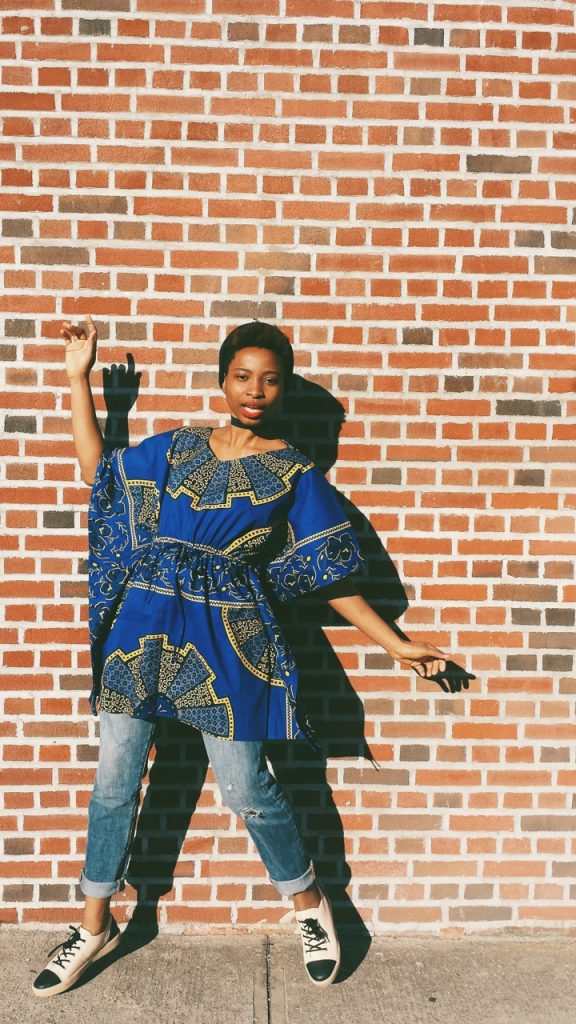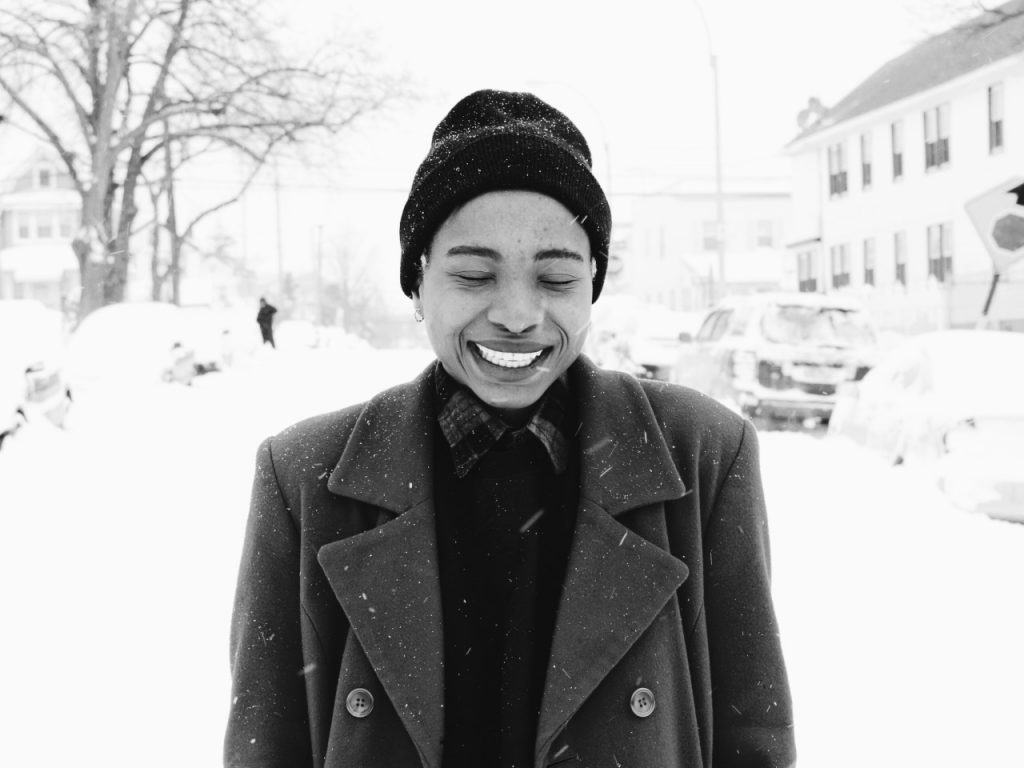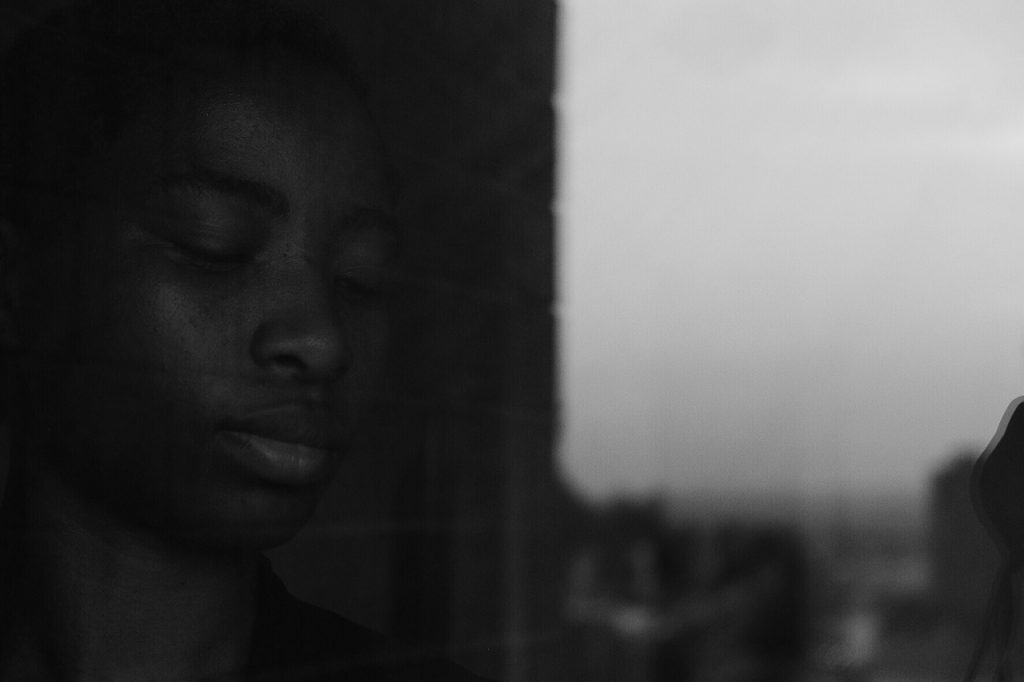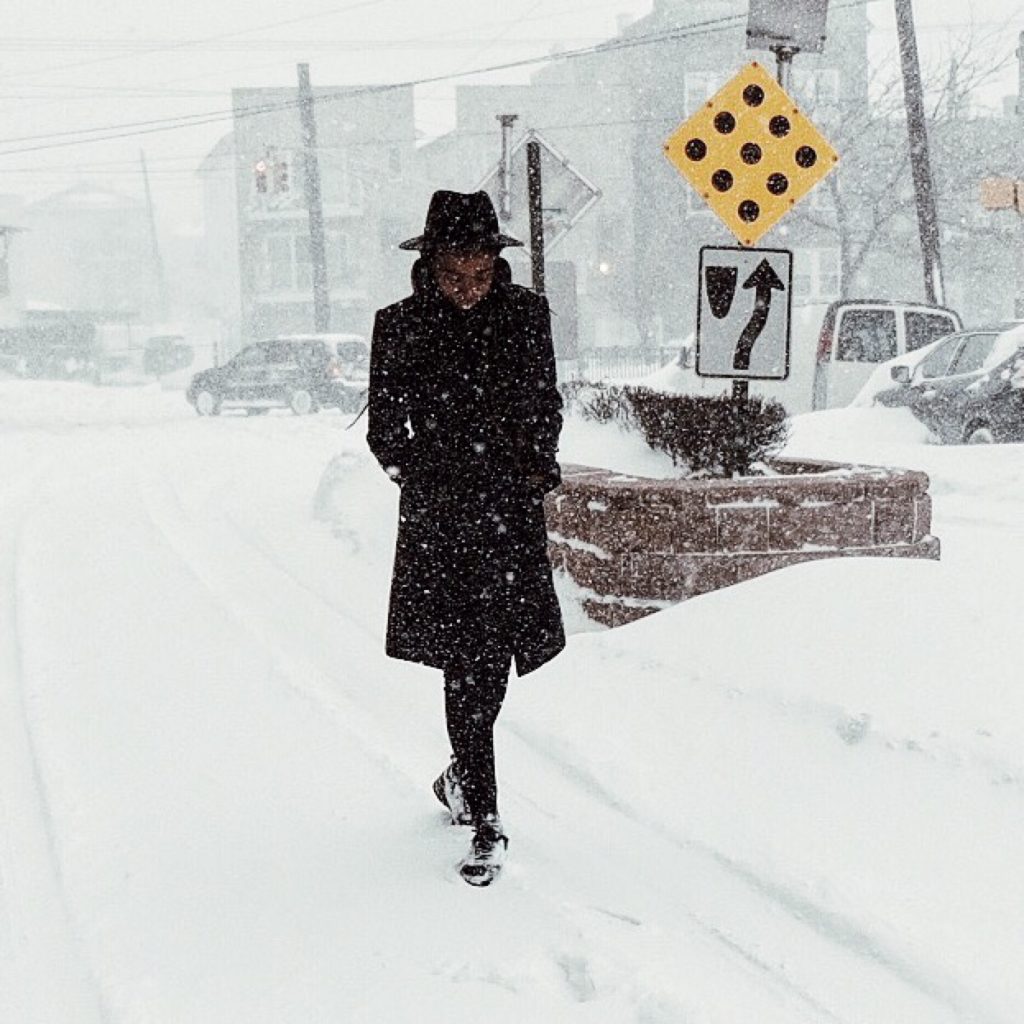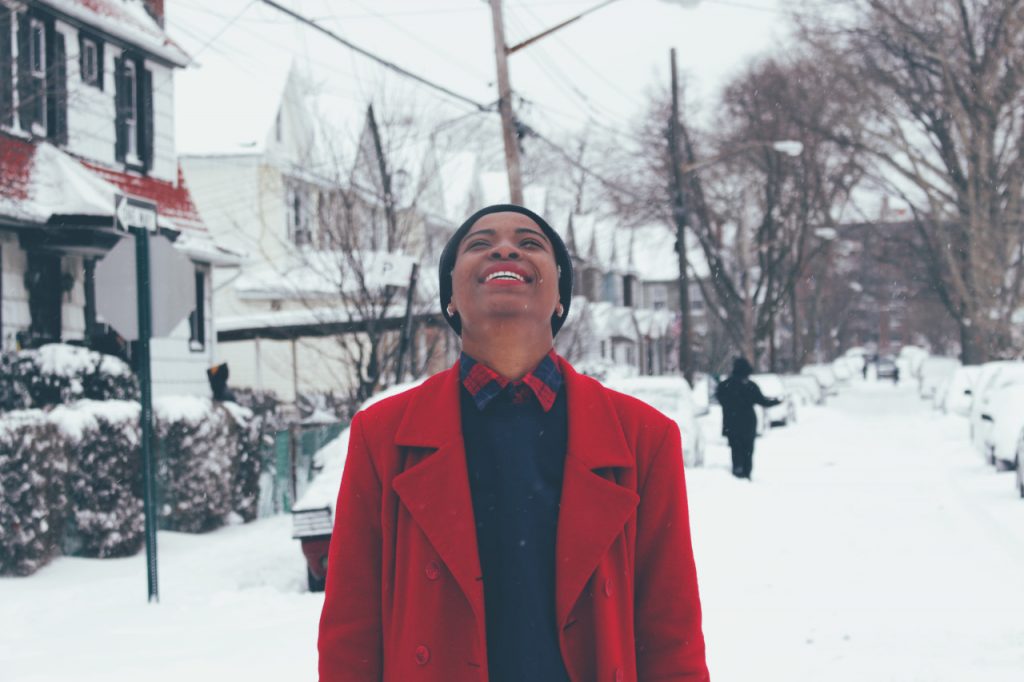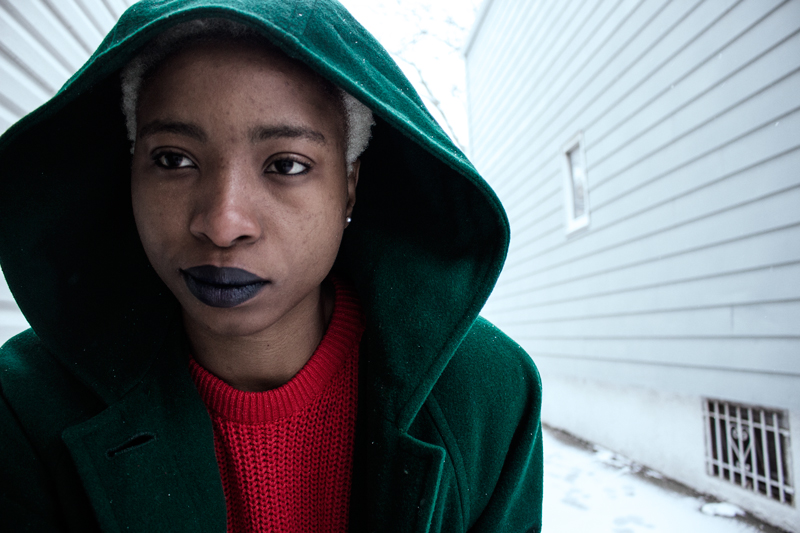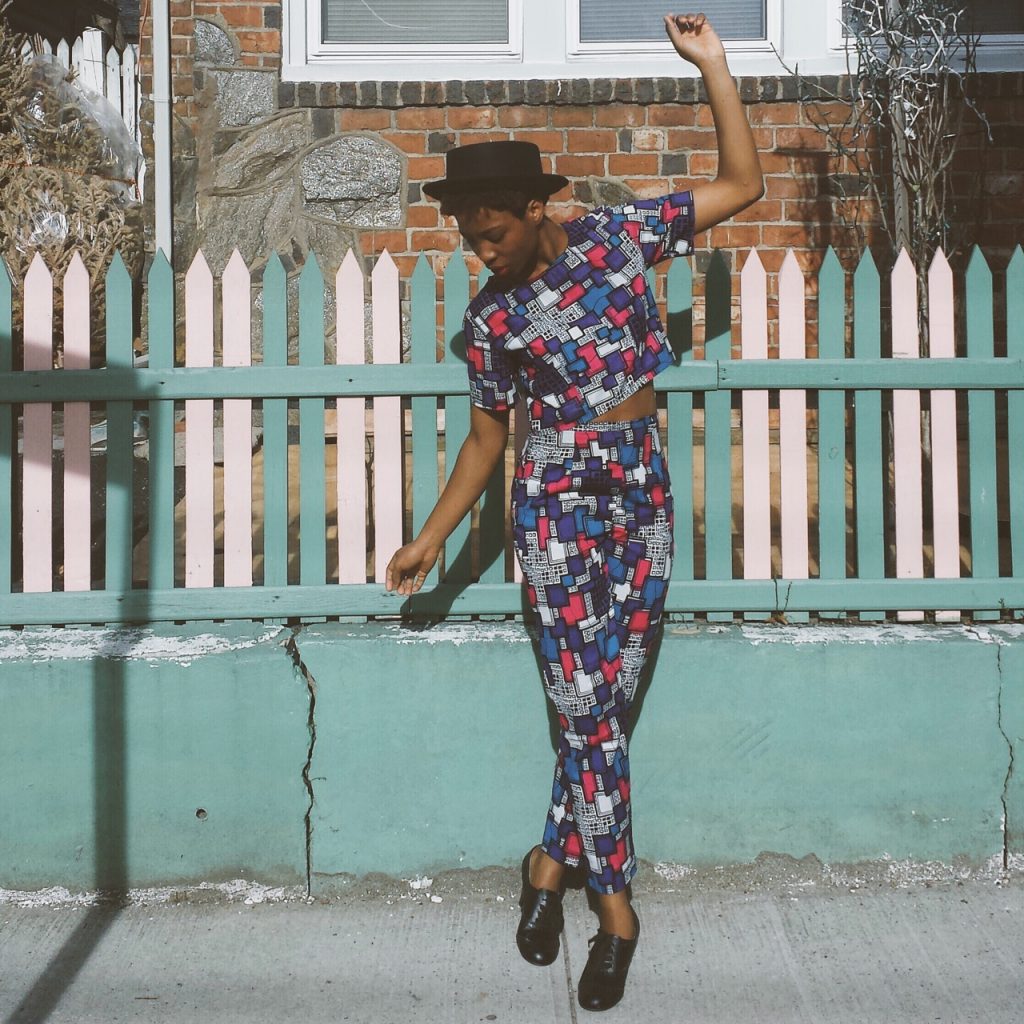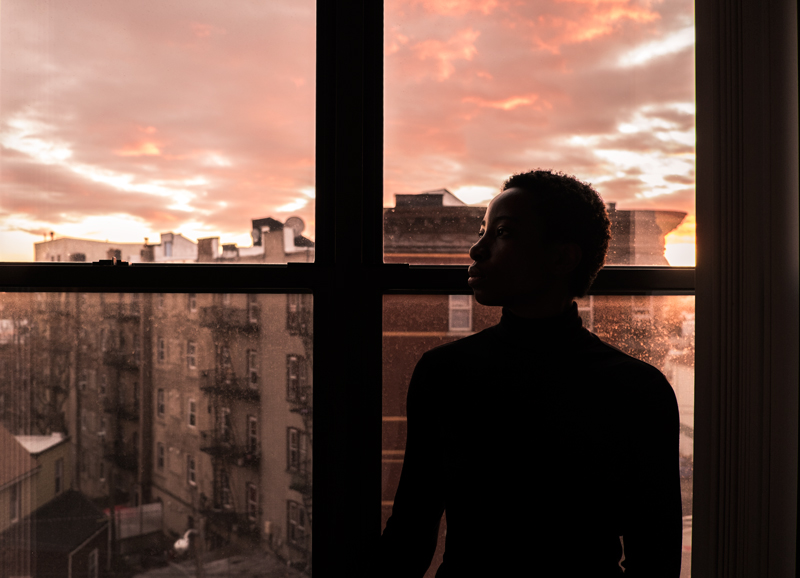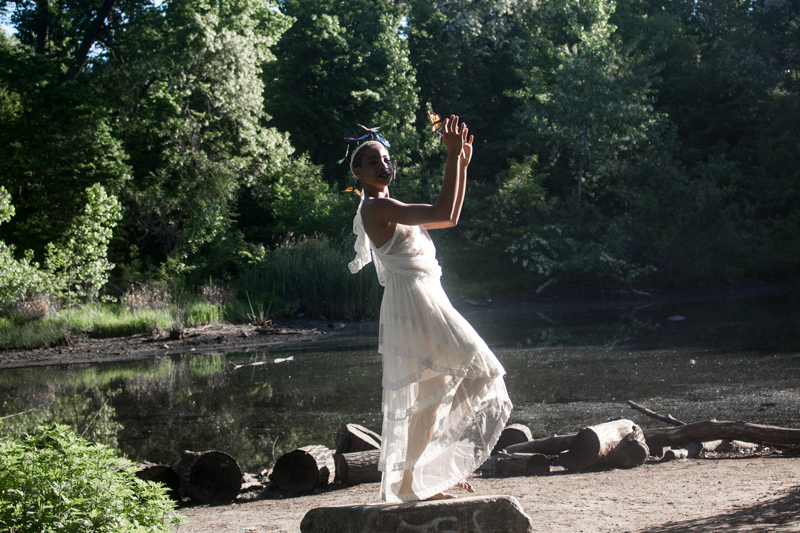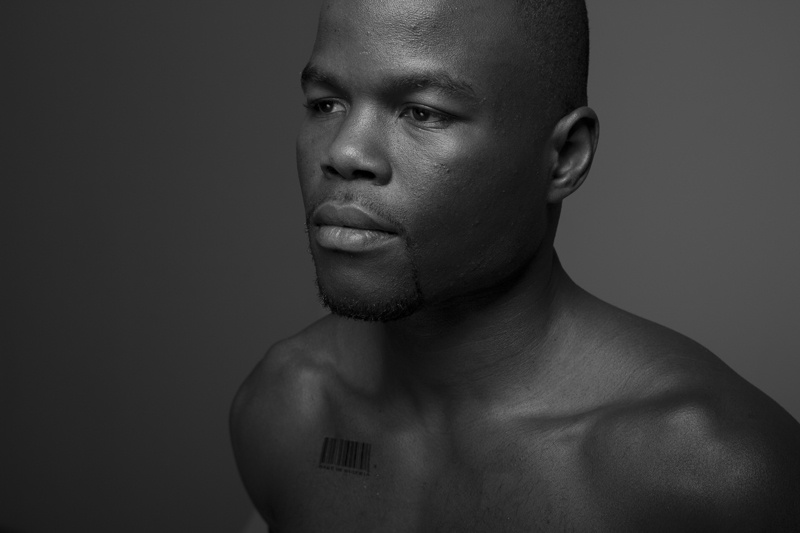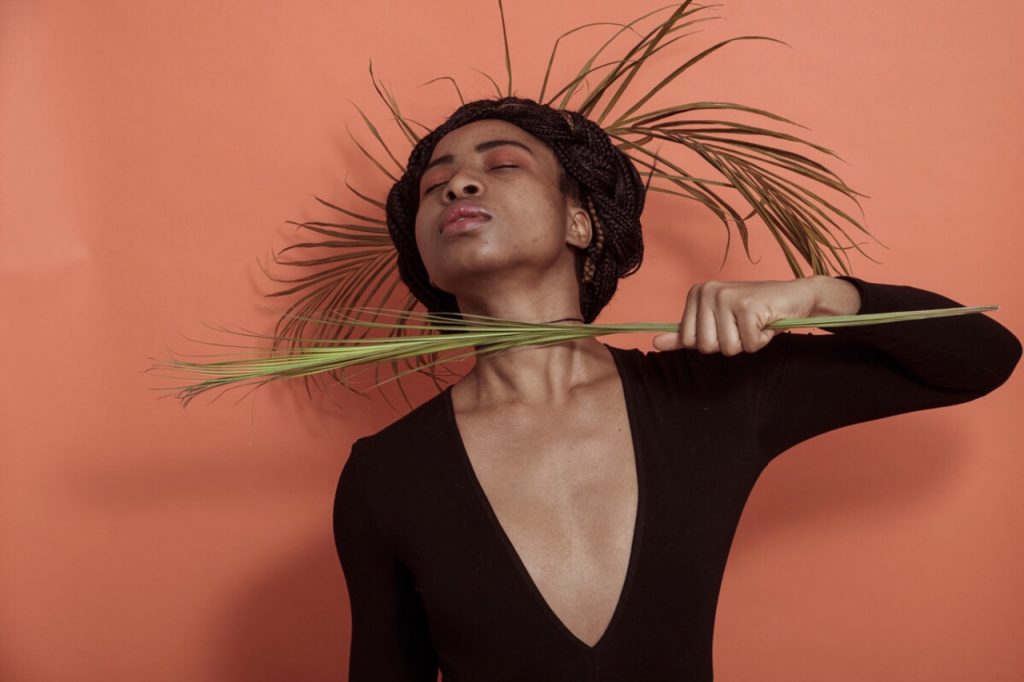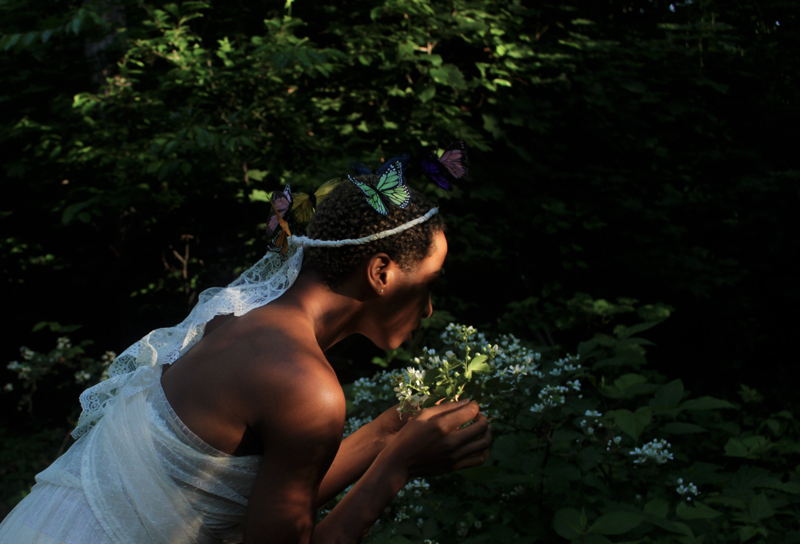This month’s VSM(Voice & Soul of Millennials) starts with Chikadibia a self-proclaimed modern renaissance woman from Nigeria currently living in New York. Although her move was never planned, she found herself migrating to New York. In this candid interview, she shares her experience of trying to integrate into a culture very different from hers which offers more opportunities and has impacted on the lady that she is today. We talk about life in Nigeria before the move, immigration, culture shock, being Black, mental health and how all these shaped her newly founded patriotism for Nigeria.
S: Please introduce yourself to the readers.
C: My name is Chika.I’m 26 years old and a content strategist, photographer, blogger… I’ll pretty much just call myself a creative as I use any and every medium, to express myself.
S: When did you decide to move to the US and how long have you lived there for?
C: 3 years ago and I didn’t even plan the whole move! I just wanted to stay in Lagos where I grew up, but in 2011 my sister came up with the idea to relocate. I wasn’t sure because I was in a relationship at the time (lol); but the more she talked about it, the more it sounded good. So I thought ok it would be nice to relocate and see how the other side is. I wasn’t very exposed in that I had never really left my comfort zone; I had always been in that Lagos bubble.
So we applied for the visa, but unfortunately, I was the only one who got it. When I got it, I started imagining that it wasn’t so bad and it would actually be fun in New York and it’s sort of like Lagos because it had the similarity of being a huge city and had the hustling and bustling, so I felt I wouldn’t be a stranger there. So I went alone. It was scary, especially because I hadn’t been anywhere else before then.
S: What were your prior assumptions about New York before the move?
C: We’ve always had this idea of travelling, it’s like you’re going to the United States, and you’re definitely going to get a job, pick up from where you left off and in the next 2 to 3 years when you’re returning you’ll be rich and can spend lavishly. I thought it would be easy to transition but it didn’t turn out to be what I expected. It wasn’t easy at all.
S: So your assumptions didn’t match your reality when you arrived?
C: Yeah, I realised it wasn’t easy. However, in the western world, there are lots of opportunity to do things and be yourself. Truthfully, I wasn’t thinking too deep before I arrived. It was just an experiment to try living here(NYC) and I would probably have gone back to Nigeria if I didn’t meet my husband.
S: Did you experience any culture shock?
C: A lot! It sneaks up on you and you don’t realise until it happens. My whole experience has been a culture shock. Without even getting too deep, for example, the weather is horrible. I was used to a tropical climate until I arrived in New York during Spring. I didn’t even know what winter was and I was already shivering. It was a lot for me to take in as I was leaving everything behind. I knew no one and had no friends. When I arrived, I was staying with my cousin’s Fiance but she was in London at the time I initially arrived, so I was in New York alone. It was very lonely before I started making friends.
It’s crazy what loneliness can do to one. I began thinking of what would have happened if I never left, and perhaps I should go back. But then I got a job and had to move to New Jersey for a bit. I was in the suburbs but I’m a city girl so it felt like I was living in the village. It was very lonely and before I knew it, I started feeling depressed; and I wasn’t used to that feeling. It was very hard. In Nigerian culture, we don’t really have any regard for mental health so I didn’t understand what I was feeling. At some point, I had to talk to my cousin’s Fiance about it and then she told me it is rampant in America, that people feel depressed and it’s very different from just being sad.
So for the first 3 months, I was very depressed and I had to come to terms with it.
In terms of culture shock, I realised there’s much more freedom- in the way you dress, speak, and we don’t have a lot of that in Nigeria, so I had to take that in. So I was trying to find myself in that space with all my new found freedom. I feel that all the exposure has in many ways, made me the person I am now. My being here(US) for three years has changed my perspective a whole lot. I’m more open minded than I’ve ever been and I feel like if I didn’t have this exposure, that wouldn’t have happened.
S: What helped you adjust to the new environment?
C: I don’t think I would have been able to do it without the people I met; it would have been harder. Also, because it was so hard, it took a long time for me to adjust and figure out what I wanted. I was also very much in contact with my family back home, and they gave me words of encouragement, and that really helped.
S: Is there a thriving Nigerian community in New York?
C: There is. Unfortunately, I wasn’t able to tap into the community when I first arrived because I was busy worrying about myself. It wasn’t until I was able to deal with my own demons that I realised there are more people out there like me and I should connect with them. Connecting with people is something I find hard to do but I started looking up events online, and Instagram was very influential in that.
S: How’s it been like relating to African Americans given that they have a different culture?
C: Truthfully, I was oblivious to the rivalry supposedly going on between Africans and African Americans. One day, I went to see a documentary in Harlem titled Africans VS. African Americans and I was confused as to why they were pitching us against each other. And then after watching the whole material, I realised it’s actually a thing going on. I never realised this, and this was early 2014.
I’ve had lots of experiences with African Americans and it’s been fine and there was no prejudice or maliciousness. So I didn’t think that.
My friends are Nigerian Americans so I was never exposed to any of that, but after my realisation, all the little details I had missed before, started becoming clearer.
S: What was it like when you realised you weren’t just Chikadibia an Igbo Nigerian, but Black in America?
C: Like I said, these things sneak up on you before you know it, and it’s like you’re a deer caught in headlights. It’s complicated, but let me start with I don’t consider myself as African American. So when I have to fill my race in forms, I tick Other because there’s no African option. In Nigeria, Black wasn’t a thing. It was more like light or brown complexion. So it was interesting coming here(US) and being categorised that way. But I guess, I’m Black. Previously, I never bothered to enlighten myself about the Black American history, but when I realised I was regarded as one, I had to do my research.
Being Black in America is peculiar. No one cares if you’re from Africa or wherever. You’re seen as Black and treated as Black, with the whole institutional racism, and stereotypes.
I’ve had a few experiences of being stereotyped as Black. I’ve been asked about the “animal thing” If I have a Safari or have been to one or another case where I was asked if I knew a particular person from Tanzania because I’m from Africa. I mean that’s such a long shot! That mentality that because we’re Africans we know ourselves. Or they say, oh your English is good or you don’t sound Black. If I had received such “compliments” before I moved, I probably would have been pleased that I was complimented for speaking good English, but now that I’m aware of the stereotypes associated with being Black and the institutional racism going on, I understand those are not compliments, but more like passive aggression.
S: How are you able to navigate through any of these?
C: It was quite hard to understand any of these when I first moved here(US) and trying to understand it made me feel even more sad. I hate the way immigrants are being looked down on because I feel we’re one of the most hardworking people. We come here, we know what we want and get it done. I’ve read articles where it states that Africans are amongst the highest to graduate with distinctions in schools. So to be classified as leeches, like we’re coming to live off of others is horrible. I follow Black people doing great things, it serves as a re-affirmation for me and keeps me going.
S: If you had the opportunity to rewind time, would you change anything about your move?
C: I’d actually leave things as they are as I believe this experience made me more enlightened and opened my mind to a lot of issues in Nigeria. We need to encourage creativity in Nigeria. Lots of what influences society in Nigeria are traditions and religion, and these just limits people from actually exploring who they are. So being here has opened my eyes to that- that there are things that limit us from moving forward and exploring our creative side, and that’s one of the challenges our creative industry is facing is the lack of support.
S: I find your project NYgerians brilliant! That’s how I found you on social media, what inspired it?
C: My transition inspired me when I realised that there are people out there experiencing something similar. It was also a way to connect with Nigerians living in New York which was something I had always wanted to do. I wanted to connect with other Nigerians to find out their experiences, the challenges they faced, how they overcame it and if they were still struggling with things; to see if it was similar to my experiences.
All these experiences just make you proud of being a Nigerian. I’ve never been so proud in my entire life as I am right now. Coming here(US) made me realise I take Nigeria for granted. I’m not sure what happened, but somehow, it has a way of making you feel like you need to be rooted. I think it’s the fact that you’re not there anymore and with the same people. It’s like you need to have a cord or a connector back to your home, and it makes you this patriotic, proud Nigerian.
So I wanted to know if they had the same feelings of patriotism, of being proud of who they are, and it turned out that they did. I made this barcode tattoo thing that said Made in Nigeria and that was just to signify the patriotism.
S: What are your other passions, and what does success look like to you?
C: I love the arts; and any medium I can use to express myself whether it is through video, writing, or sewing. I’m a very handy and resourceful person and that’s one of my greatest strengths.
I asked myself what I wanted out of life, and realised I don’t want one set thing, even though people feel like it should be that way and if you don’t it means you’re unfocused or a dabbler. However, I feel one of my strongest points is that I can do a lot of things.
I call myself the modern renaissance woman.
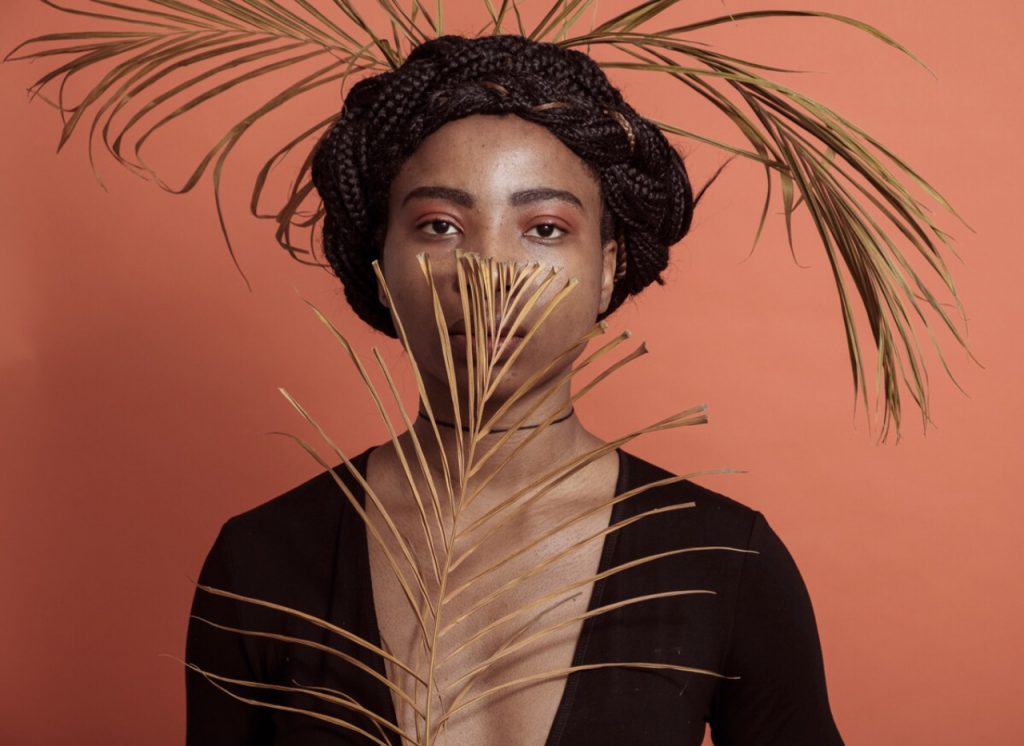
S: What are your dreams for the future?
C: I want to be able to impact people with my art. I want to move Nigeria forward with my creativity and the only way that I know how would be to have my art be a reflection of my culture. I want to be able to make a difference and I feel like I’m on my way there. It’s my dream to use my art to impact and change how Nigerians see things socio-culturally.
I’m just a small girl with big dreams.
What famous last words! We thoroughly enjoyed this interview, and were able to have an insight into what it is for those living in the diaspora and how they grapple with their new realities after migrating from their roots to a different country that most times, do not want them and regard them as foreign.
Having these conversations with enlightened people was the inspiration behind the VSM( Voice & Soul of Millennials). It’s great that thanks to the internet, we can now all share ideas and experiences across geographical borders and landscapes. So if you ever feel alone in your thoughts or beliefs, know that there’s someone else like you out there. The mission of this series is to bridge that gap, connect like minded people and inspire others.

